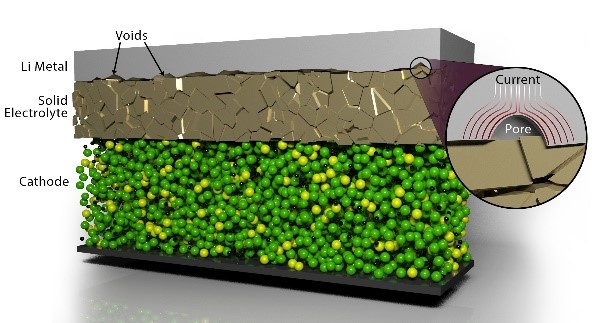 Topic Close-up #6
Topic Close-up #6
A06—Solid State Batteries
Extended deadline for submitting abstracts:
December 16, 2022
Submit today!
 Topic Close-up #6
Topic Close-up #6A06—Solid State Batteries
Submit today!
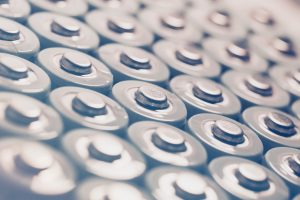 Topic Close-up #1
Topic Close-up #1Symposium A04—Battery Student Slam 7
Submit today! (more…)
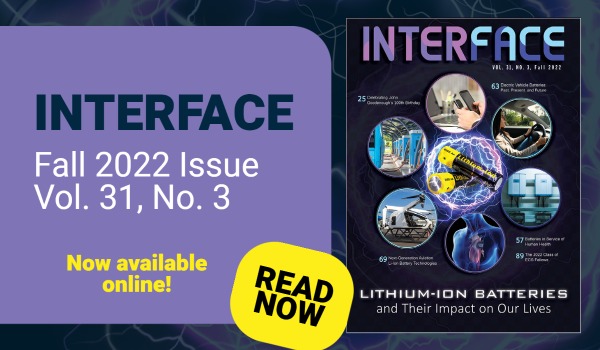
The ECS Interface fall 2022 issue is now available to read online. The issue is guest edited by Gary M. Koenig Jr. and Nian Liu.
As always, Interface Editor Rob Kelly invites you to enjoy the issue’s special features and news.
 ECS San Francisco Section Distinguished Seminar Series
ECS San Francisco Section Distinguished Seminar SeriesRegister for the September 22 event!
“Solid Electrolyte Interphase (SEI) of lithium ion batteries: Role of additives and crossover reactions on stability and performance”
Brett Lucht
Professor of Chemistry
University of Rhode Island
Date: Thursday, September 22, 2022
Time: 1000-1100h PST
Price: Free; the webinar is open to public.
Format: Virtual via Zoom
Sponsor: Toyota Research Institute of North America
 Voting is now taking place for the position of ECS Battery Division Treasurer. Biographical sketches and statements follow for the candidates nominated for the position. ECS division officers serve as volunteers.
Voting is now taking place for the position of ECS Battery Division Treasurer. Biographical sketches and statements follow for the candidates nominated for the position. ECS division officers serve as volunteers.
We urge all ECS Battery Division members to take part in this important election! Voting is open from September 1 through September 29.
 The ECS Detroit Section invites you to an in-person seminar on Monday, September 12, presented by Dr. Jungwoo Lee onsite at The Battery Show in Novi, MI. The Battery Show is the largest batteries and electric vehicles technologies tradeshow in the U.S.
The ECS Detroit Section invites you to an in-person seminar on Monday, September 12, presented by Dr. Jungwoo Lee onsite at The Battery Show in Novi, MI. The Battery Show is the largest batteries and electric vehicles technologies tradeshow in the U.S.
Dr. Jungwoo Lee
Co-Founder and CTO
South 8 Technologies
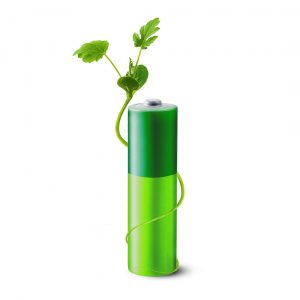 October 13-14 Workshop Organized by Prof. Yan Yao
October 13-14 Workshop Organized by Prof. Yan Yao The in-person fifth Organic Battery Days (OBD) 2022 Workshop continues a series of OBD events that started in Uppsala, Sweden, in 2017. This is the first time the OBD Workshop takes place in the United States! Building on the success of previous meetings, this year’s in-person event aims to strengthen communication and cooperation among experts from academic organizations, research institutes, and manufacturing companies, as well as to exchange knowledge and experience on the most recent developments in the field of organic batteries. (more…)
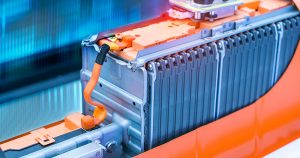 Mark J. Willey
Mark J. Willey
Battery Materials and Systems
Pacific Northwest National Laboratory (PNNL)
University of Washington, Seattle
Date: May 3, 2022
Time: 1000–1100h PT
Price: There is no cost to register for this event, but registration is required.
Registration: You must preregister through ECS My Account. Don’t have one? It’s easy to create—visit Create an Account now.
The webinar is open to the public; ECS membership is not required. (more…)
 The ECS Detroit Section invites you to join Dr. Chen Liao for her webinar on Wednesday, April 6, 2022.
The ECS Detroit Section invites you to join Dr. Chen Liao for her webinar on Wednesday, April 6, 2022.
Date: Wednesday, April 6, 2022
Time: 1900h EDT
Cost: Free (more…)
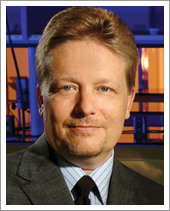 Ion Storage Systems (ION), the battery technology company founded by ECS President Eric Wachsman, announced the initial closing of its $30 million Series A financing round. Clear Creek Investments, VoLO Earth Ventures, and Alsop Louie Partners led the investment. With the funding, ION will commission and qualify a battery cell manufacturing line capable of producing 10MWh/yr of safe, energy dense and versatile solid state batteries.
Ion Storage Systems (ION), the battery technology company founded by ECS President Eric Wachsman, announced the initial closing of its $30 million Series A financing round. Clear Creek Investments, VoLO Earth Ventures, and Alsop Louie Partners led the investment. With the funding, ION will commission and qualify a battery cell manufacturing line capable of producing 10MWh/yr of safe, energy dense and versatile solid state batteries.
ION started in Dr. Wachsman’s University of Maryland chemistry lab with a $574,275 federal grant. The company’s high-energy dense, nonflammable solid state lithium metal batteries are safer, lighter, pack tighter density, tolerate greater abuse, and have reduced volume and weight. The new financing enables the company to launch a factory near Washington, D.C., and begin commercial production of the batteries. Aerospace and defense customers will receive the first commercial cells followed by development projects with multiple electric vehicle manufacturers, defense contractors, and consumer electronics companies. (more…)